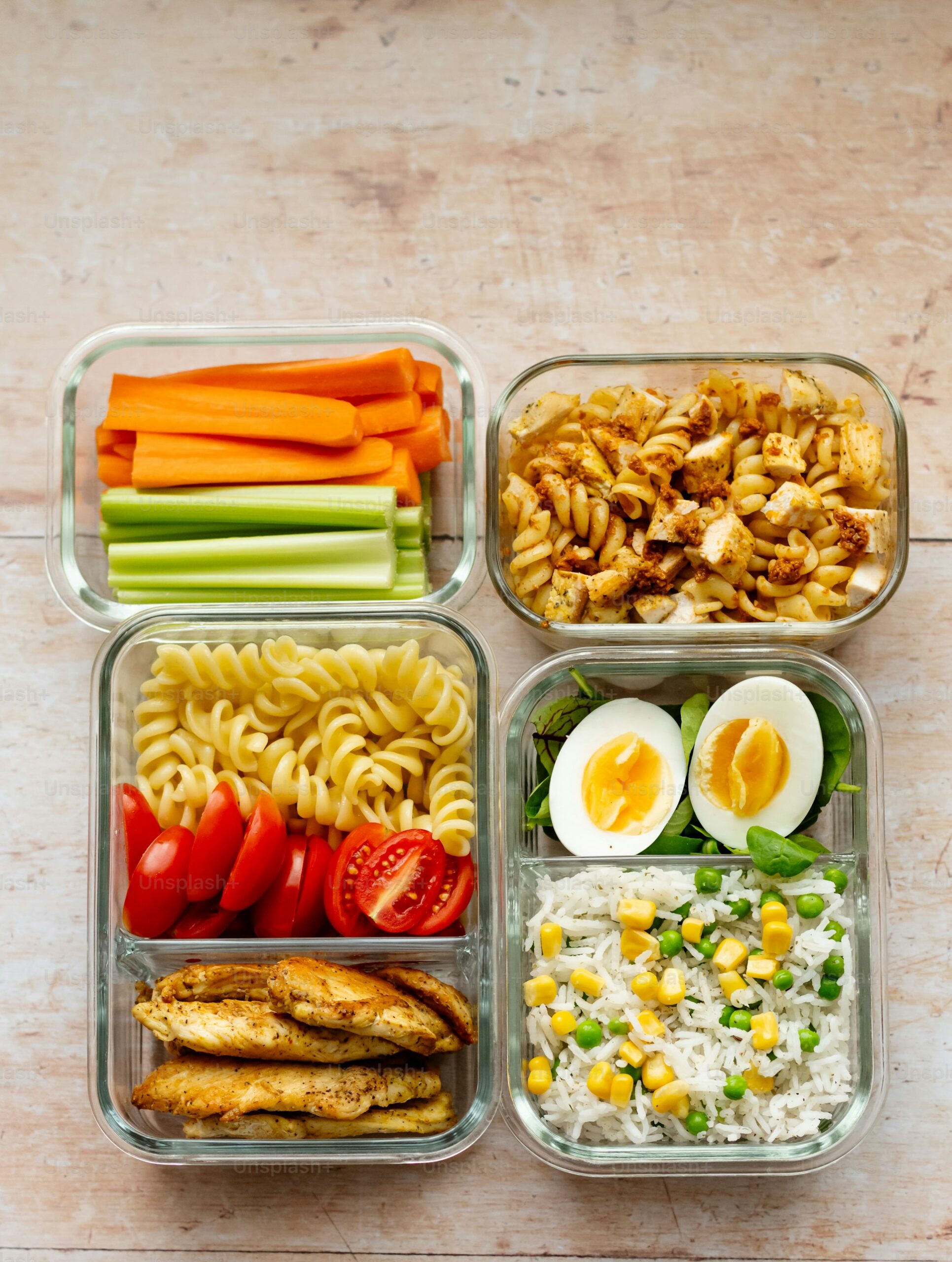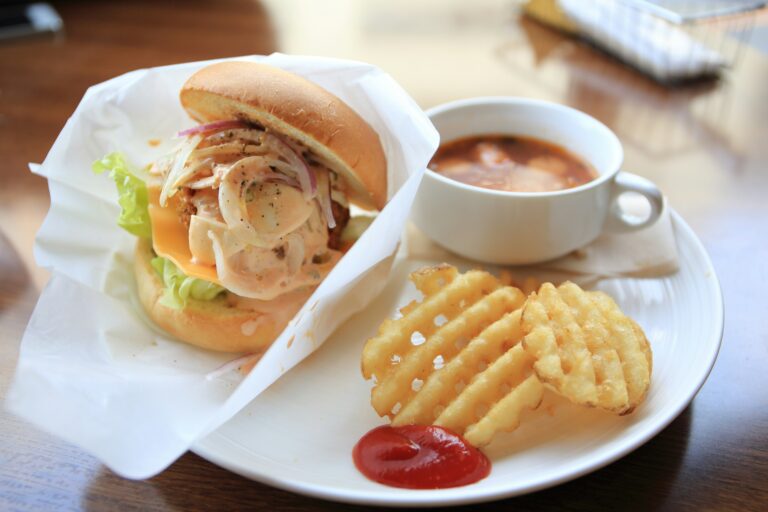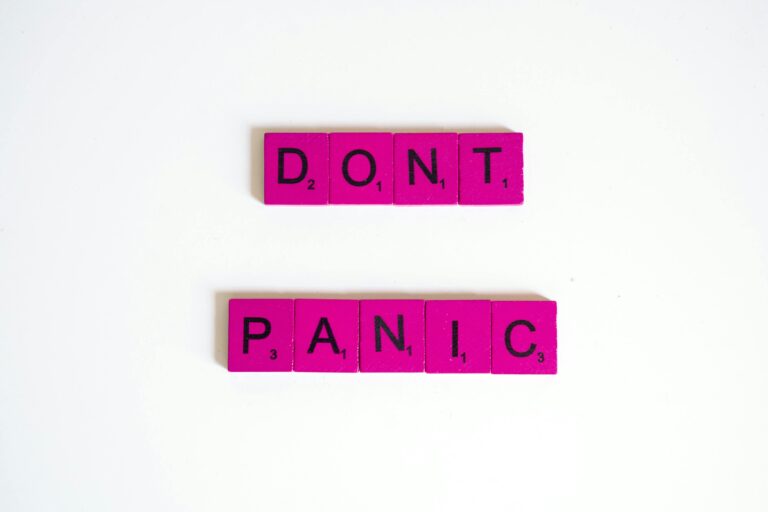Were you recently diagnosed with Type 1 diabetes and are now insulin dependent? then this article is for you. Here I will share all the important things you must know and do in order to live healthily with type 1 diabetes. We will discuss everything one must be aware of in order to live normally.
My family knew nothing when I was first diagnosed with T1D in 2016. That was a really dark time. In India, very few people are aware of this condition, so I went through a lot.
As a result, my parents were almost ignorant of the complexities of this condition. They tried many alternative ways to cure me.
From witchcraft healers to herbal medicines, but nothing worked, and each experiment damaged my body and made me weak.
Then, we met a good doctor who explained to me and my parents in great detail about living with type 1 diabetes and not wasting our precious years trying to cure something that can’t be cured.
But I made many mistakes in the beginning, which harmed me and decreased the quality of my life. So here we will see how to not make mistakes out of ignorance and take informed decisions based on scientific research and first-hand experience.
Find a Good Doctor

Spend some time finding a good doctor who is a specialist in diabetes and related issues. A good doctor is an important part of living longer with type 1 diabetes.
In the beginning, I got scammed by a fraud. He wanted to make me sick so he could admit me to his hospital and charge money from my parents; he was making me weak on purpose.
That is why it is very important to find a good doctor and consult him whenever something unusual happens or you want your insulin dosage adjusted. A good doctor will help you with everything.
Buy a Glucometer

Well, there are many other expensive options, such as CGM (continuous glucose monitoring). If you can afford it, then sure, go for it.
But most of us cannot, so it is essential that we all have a glucometer to check our blood sugar levels.
Before meals, it is important that you measure your blood glucose levels. If it is over 200 mg/dl, then first take insulin, then eat your meal.
If it is over 140 mg/dl, then first eat and then take insulin within 5 minutes of eating. These little careful habits lead to a complication-free life.
Before traveling, check your blood glucose levels and prevent yourself from getting in danger. Sometimes going out with low blood sugar levels can lead to hypoglycemia.
Avoid Junk Food As Much As You Can

Mostly the type of fast food that is available causes sudden glucose spikes in blood. Ingredients that are used are either oily, spicy, or high in sugars and carbohyderates. That’s why it is good to avoid eating outside.
There are exceptions and some good places and cuisines that you can try, but again, you will have to be cautious. I am not saying to throw away fun from your life and become a rock, but be cautious, and even if you want to eat something outside, then eat a small amount.
Little steps like these can save you from the nerve damage that fluctuations do to you as the years pass.
Again, always check your glucose levels after eating a new thing and take insulin accordingly to keep sugar levels normal. Don’t take too much insulin; it may make your sugar levels low, and then you will be sucked into a never-ending spiral of highs and lows.
You will eat something to raise your glucose levels, but it will raise them too much, and then you will take insulin to lower them, but it will lower the glucose levels too much, and then you will have to eat again until you throw up…
Just kidding!
Well, no, I am not. This is just to give you a picture of what daily life with t1d looks like if you don’t manage it carefully.
Educate Yourself on Self-management.

Learn to manage your condition on your own. Here are some skills I am mentioning that helped me in emergencies and in daily life.
- Measuring your blood glucose levels using glucometer
- Taking injections using injection pen
- Taking injections using syringes
- Changing needles from injection pens
- Learn to use all devices related to your body and well-being
In the beginning, I was dependent on my mother for my care and insulin injections as I was 13 years old, and one look at injections was enough to scare me. I would close my eyes when my mother injected insulin in my tummy.
Slowly, as I grew up, I saw my mother had to also stay at home with me 24×7 and it was affecting her life in a negative way. My doctor also recommended that at 15, I should learn how to take an injection.
So, yeah, you will have to learn if you are diagnosed, or if someone you know is diagnosed, then they will have to learn it sooner or later. Don’t force them; slowly their fear will decrease, and it will be easy then. Give time and care to yourself or your loved one.
Do Yoga and Exercises

Most importantly, avoid putting too much pressure on your body. We are type 1 diabetics and if we have to live longer, we must not break this already broken vessel, which contains our souls. Yeah, I am being poetic, I know.
Yoga changed my life. The probably only right decision I took in my entire life was learning yoga. I learned from this simple 7-day program, and this is the best out there. It is called Inner Engineering.
Likewise, meditation also helps in managing mental health and keeping us sane.
Benefits of Yoga in Type 1 Diabetes
- Helps in healthy blood circulation
- Makes you flexible
- Maintains muscle health
- Helps in relaxation of body
- Calms mind
- Restores natural sleep cycle
- Helps improve digestion
And countless more benefits that I personally experienced, and you will too.
Have a Diet Plan

Having a diet plan helps in fulfilling our body’s nutritional needs. When I first discharged from the hospital, my doctors gave me one. If you don’t have one, you can get it from these places.
- Your doctor
- Online nutritionist
A diet plan must cover all macro and micro nutrients. It should have columns for breakfast, lunch, dinner, and snacks.
Keep a Diary

In which you can write about what foods are good for you and what foods caused you harm. You can write about everyday experiences that affected your blood sugar levels.
Of course, you can list all fruits, nuts and veggies that increased your blood sugar levels so in future you avoid eating them
A personal diary about day-to-day learning will help you in living safely as your experience will build up overtime.
It can be a diary or an online tool, whatever you like.
Conclusion
Again, my friends, I know it’s not easy to live with T1D, but we don’t have a choice until they make a cure, and I am not sure how much longer we have.
So, it’s crucial that we make use of each day we get.
Keep your eyes and ears open, learn from your mistakes and write what you have learned so you don’t repeat the mistakes.
- Find a good doctor
- Buy a glucometer
- Avoid junk food
- Educate yourself on self manegment
- Do yoga and exercise
- Have a diet plan
- Keep a diary
This article has all the things I learned so far and mistakes I could have avoided. Learn from my mistakes and keep your body healthy. Thanks for reading.






